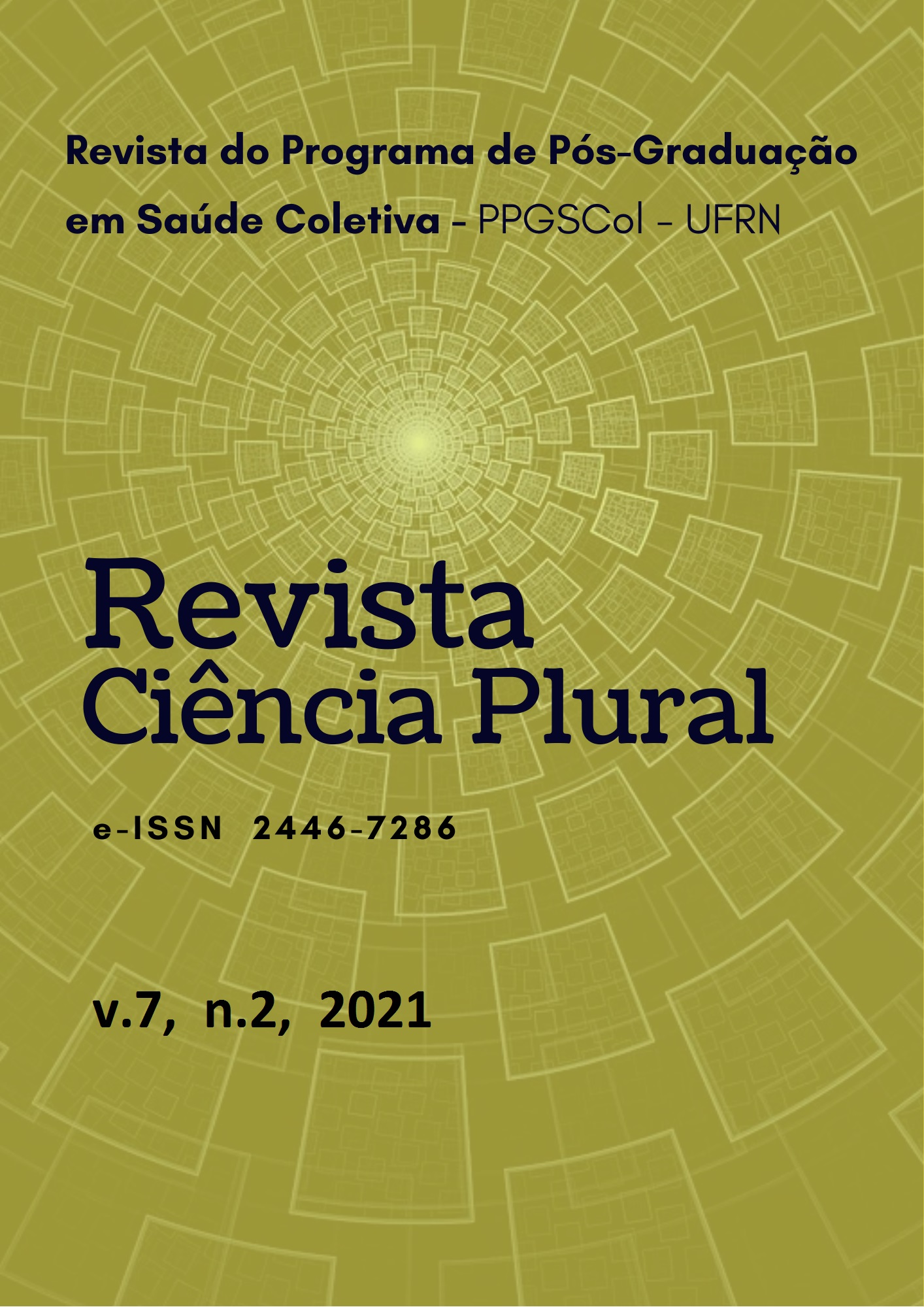“FALTÔMETRO”: STRATEGY FOR DEALING WITH ABSENTEEISM IN THE CONTEXT OF PRIMARY HEALTH CARE
DOI:
https://doi.org/10.21680/2446-7286.2021v7n2ID22255Abstract
Introduction: To guarantee a universal, comprehensive and equal access is a challenge to Primary Health Care, where the absenteeism is configured as an obstacle and, at the same time, an analyst on the organization of care of the health service. In this way, needing intervention for the confrontation. Objective: To narrate the experience of the construction of the “Faltômetro” and to reflect on the challenge of implementing new strategies for or confronting ancient problems with the health services. Methodology: This is a descriptive study of the type of experience report, carried out in a Family Health Strategy (ESF), in the city of Vitória de Santo Antão - PE, with the reference Nucleus for Family Health and Primary Care (NASF-AB) of reference, between June and October 2019. The experiment was carried out in three stages: monitoring the demands of the NASF-AB; construction of the “Faltômetro” and waiting room with users. Results: Through experience, weakness in the record of absences was identified; the importance of the Community Health Agent (ACS); need to identify the causes of absences; and the need to rethink the organization of the work process. Conclusions: The “Faltômetro” and the waiting room were fundamental strategies for the debate on absenteeism in the scope of Primary Health Care. However, it is necessary to develop Health Education processes with the population, allowing a horizontal dialogue to understand the possible causes of absences. In addition, health professionals need to break the discourse of blaming users, recognizing the existence of barriers to access in the territory.
Keywords: Absenteeism; Primary Health Care; Health Education; Unified Health System.
Downloads
Downloads
Published
How to Cite
Issue
Section
License
À Revista Ciência Plural ficam reservados os direitos autorais referente a todos os artigos publicados.

 Português (Brasil)
Português (Brasil) English
English Español (España)
Español (España)













